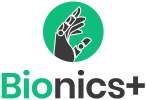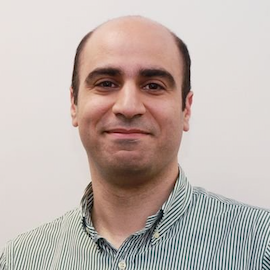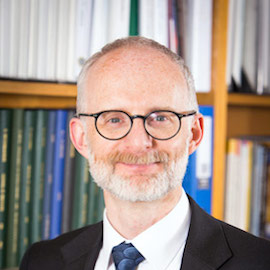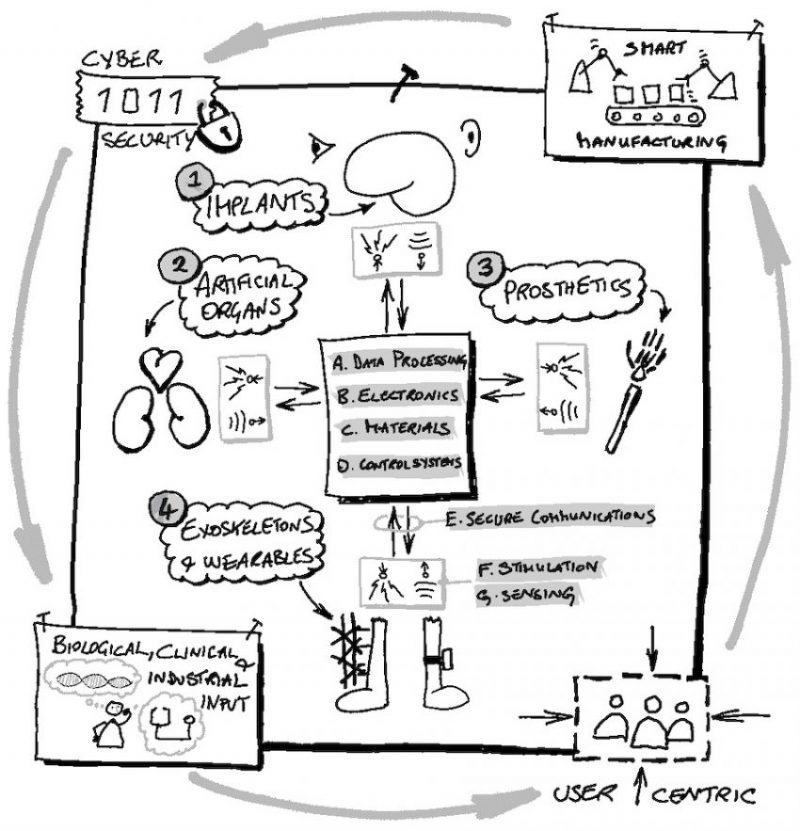
User-Centred Design and Usability of Bionic Devices
Bionics+ is an EPSRC funded research network plus and will stimulate and support a cohesive activity towards next-generation bionic technologies to co-create user-centred systems, methods and care models that are fit for purpose. Bionics+ takes place with four central tenets in mind: A) a user-centric approach; B) security in our data (cybersecurity); C) inclusive of clinical and industry inputs; D) promoting smart manufacturing processes.
Bionics+ deals with four major application areas: implants, prostheses, artificial organs and exoskeletons/ wearables, and seven cross-cutting capabilities: data processing and AI, bioelectronics, materials, control systems, secure communications, sensing and stimulation. Taken together these will allow for cross-fertilisation of ideas across the network such that Bionics+ will focus on ambitious, collaborative and transformative research and the formulation of longer-term strategy.
We want to expand our network membership - it is free to join!
If you would like to join this network as a project partner then please contact us - we are interested in academics, clinicians, end-users, and industry members who are involved in all aspects of the field of Bionics.
- Prof Kia Nazarpour & NeuranicsProf Kia Nazarpour, CSO of Neuranics, co-founded the bio-magnetic sensor company, securing £1.9m pre-seed funding. Their innovative sensors enhance robotic hand control and virtual interactions, offering easier use than traditional methods.
What will we fund?
Bionics+ will run for 4 years (2021 - 2025). Throughout this time we will have multiple funding rounds, as well as varied events and activities.
Funding Themes
In Bionics+ we will be utilising our funding to support various activities.

1. Networking Activities
Our team is not limited to the investigators and network members. We work with various stakeholders including patients and their families, clinicians, industry experts, policymakers, media and charity organisations from the project outset. We will discuss specific ideas and goals

2. Dissemination Activities
Bionics+ will implement a comprehensive equality, diversity, and inclusion panel to guide and shepherd network activities. Membership will include representation across academia, industry, patient users and healthcare. The panel will identify main areas where policies and initiatives can be established

3. Impact Activities
Public Engagement with Bionics – Issues surrounding bionics attract high levels of public interest, and researchers in these fields have a responsibility to inform public debate. The current work of the executive team has received high media coverage (BBC, ITV and

4. Management Activities
We have earmarked an amount of funding that will be made available to network partners through a bidding process. All the activities will be announced through all our communications well in advance of the closing dates. Eligibility criteria will be
Funding Schemes
We will fund our network partners through various schemes.
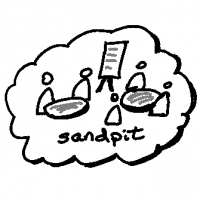
A. Sandpits
We plan to hold Funding Sandpit events in Years 1, 2 and 3 – a fixed amount of funding will be made available for exciting and innovative explorations of bionic technologies and feasibility studies. The specific details and themes for
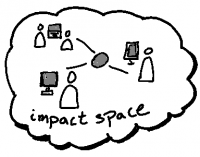
B. Impact Space
ImpactSpace is a platform that brings together stakeholders to accelerate the translation of bionics research into clinical impact. Stakeholders will be patient groups, their families & carers, charity organisations, industry, academia, clinicians & healthcare executives (e.g., policy). They will co-design
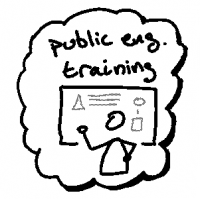
C. Public Engagement training
We will make three annual awards, over the four years of the project (so 12 awards in total), to enable our network members to design and implement relevant public engagement activities.

D. Research exchange visits
Annually Bionics+ will fund two national & one international research exchange visit(s) of PhD students and/or Early Career Researchers. This will facilitate the initiation of new collaborations & help researchers to acquire new skills that are not available in their
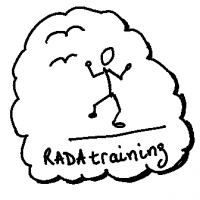
E. RADA training
We will sponsor three network members per year to attend training workshops of the Royal Academy of Dramatic Art (RADA). Example workshops are Voice of Influence and Stepping up with Confidence for Women. Specific details on actual schemes will be released each

ED & I
We are committed to creating a diverse network environment where we value, trust and respect each other. Our network will include members of different national origin, race, colour, genetics, religion, marital status, lifestyle, gender identity or expression, sexual orientation, disability,
The Executive Team
This network is managed through a consortium of five academics/ clinicians that hail from five UK universities, these are as follows: University of Warwick (PI), University of Exeter, Imperial College London, University of Leeds, and University of Edinburgh. Feel free to contact any of our team if you need more information about anything.
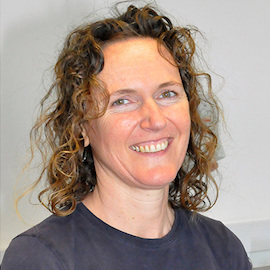
Helen Dawes
Professor of Movement Science (CoI)Helen is a clinical academic and her research explores mechanisms of movement & posture in health & disease in both adults & children; it specifically focuses on translational technology & innovation to support rehabilitation & self-management.
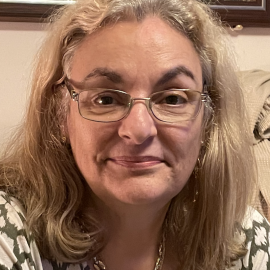
Maria Dolores Richards
Network ManagerMaria has worked on the previously funded EPSRC Adaptive Assistive Rehabilitative Technology – Beyond the Clinic (AART-BC) project and is now Bionics+ Network Manager.
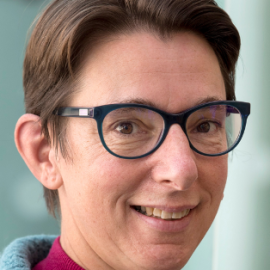
Lynda Webb
Senior Researcher in Co-creationLynda believes in engaging with all stakeholders including end users as central to the success in design, products, services and research.
Project Partners from Industry
Bionics+ brings together academics, clinicians, end-users and industry partners. The following is a sample of some of our partners from industry.
Some featured posts from our Blog
Bionics+ consists of events, publications, funding rounds, informative meetings and outreach. We will keep you updated through our Blog.
Prof Kia Nazarpour & Neuranics

Prof Kia Nazarpour, CSO of Neuranics, co-founded the bio-magnetic sensor company, securing £1.9m pre-seed funding. Their innovative sensors enhance robotic hand control and virtual interactions, offering easier use than traditional methods.
Showcase Event Report – June 2024

The Bionics+ Showcase & Early Career Researcher Networking event took place at the University of Warwick on June 17-18, 2024. Featuring keynote speakers, plenary sessions, and updates on funded feasibility studies, it also included skill-building workshops and networking opportunities for early career researchers, enhancing collaboration within the Bionics+ Network.
Bionics+ Showcase & Networking Events

Bionics+ Showcase & Early Career Researcher Networking 17th & 18th June 2024 Scarman House, University of Warwick, Coventry, CV4 7AL, UK (Find how to get to Scarman House and the University of Warwick by clicking here – you can book
REMINDER: Calling all Early-Career Researchers!

We are continuing our support for Early-Career Researchers (ECRs) in Bionics and seeking interested participants. Our focus is on networking among ECRs, connecting ECRs with industry leaders, and offering soft-skills development. If you meet the ECR criteria and are interested, please inform us to help prepare for our next workshop.
REMINDER: Hot-topic Proposals
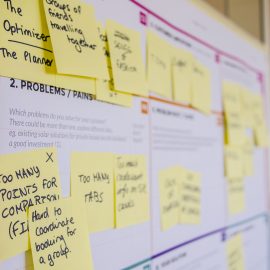
This year we will be running a series of “hot-topic” seminars and workshops: these are short events that will take place around the UK (as well as online) and are aimed at turning the focus onto subject areas within the
Bionics+ Down-Under
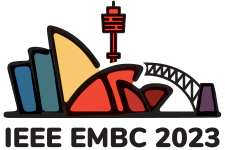
Bionics+ was promoted at the IEEE Engineering in Medicine and Biology Conference (EMBC2023) in Sydney, Australia in July 2023 Bionics+ was promoted at the IEEE International Engineering in Medicine and Biology Conference in Sydney, Australia earlier this year. With the
Update on Sandpit 2022 funded projects

In 2022 we announced the first major funding outlay for our network where we ran a day long funding sandpit (see link below this article) that was followed up by online discussions and resulted in 6 submissions for funding. After
Meet the team: Prof Christopher James
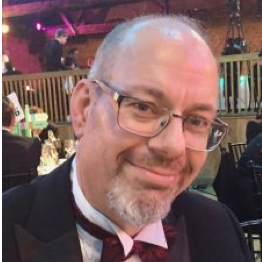
Christopher was born in Malta, received the B.Elec.Eng. (Hons) degree in from the University of Malta (1992) and a Ph.D from the University of Canterbury, New Zealand (1997). He was a postdoctoral research fellow at the EEG department of the
Bionics Plus Sandpit 2022
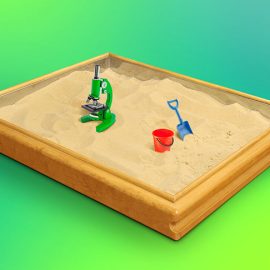
We are excited to announce our first Sandpit for the Bionics+ network. This will be our first opportunity to really push the boundaries of our work, a chance to create real cross-disciplinary collaborations that will explore and develop novel ideas.
Meet the team: The Bioengineering Inaugural Lecture of Professor Rylie Green
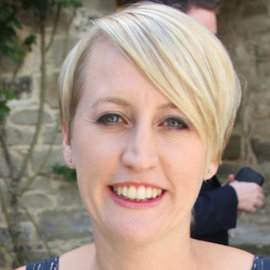
Professor Rylie Green delivers her inaugural lecture detailing her career in polymer bioelectronics. Evolution of a cyborg: Bionic eyes, ears, spines and brains.The cyborg – part human and part machine – is a science fiction construct that has been realised across recent
